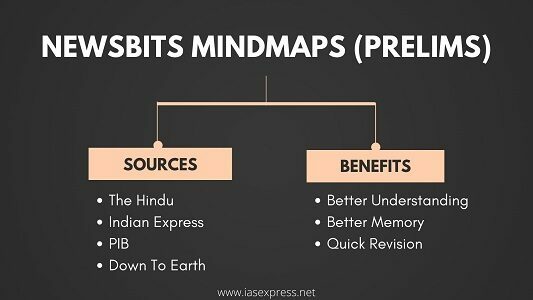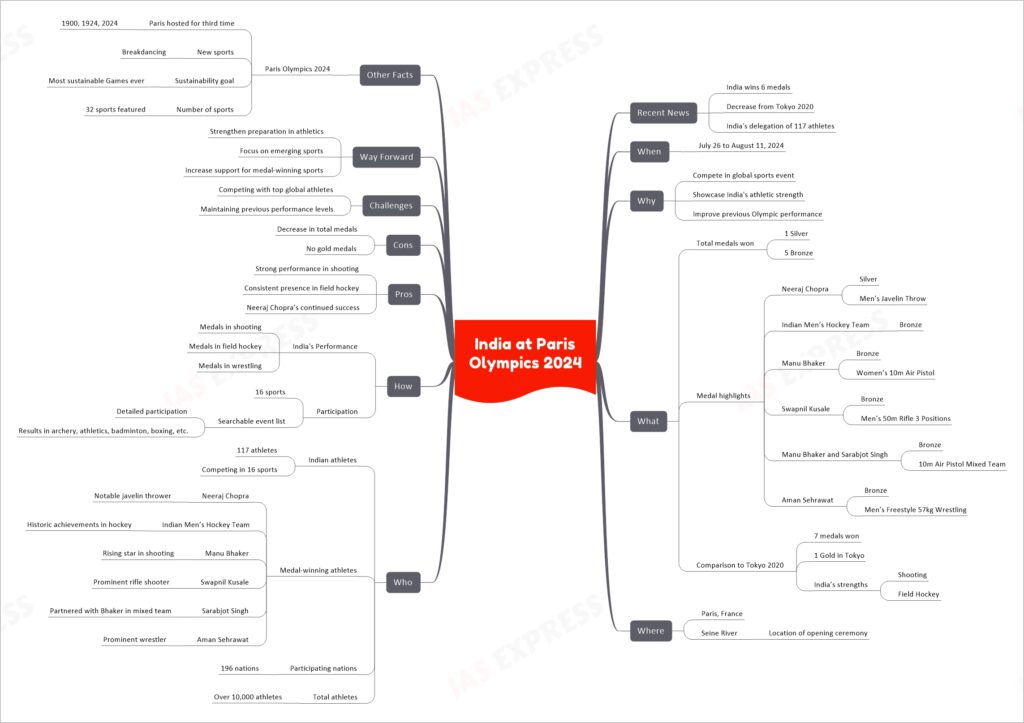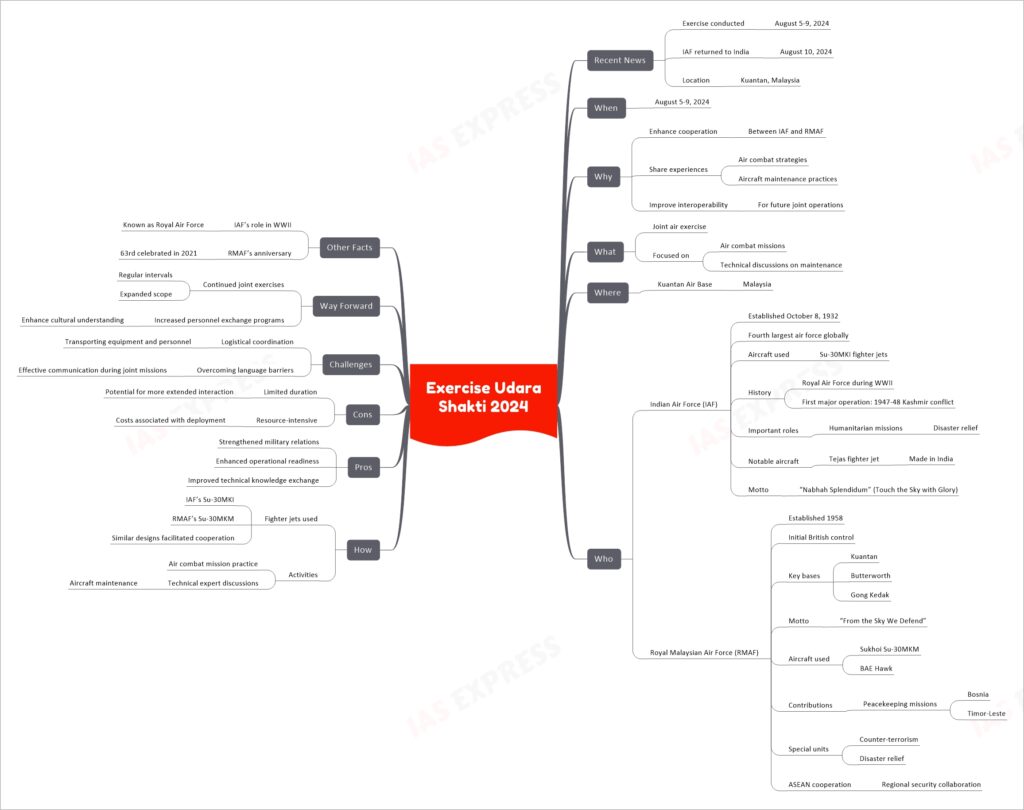[Newsbits] 1-14.08.2024: Neelakurinji, Africa Mpox Outbreak & more


Summary: The Continuous Emission Monitoring System (CEMS) is crucial for tracking pollution in India’s industries, especially after the Central Pollution Control Board (CPCB) mandated its installation in 2014. To address concerns over the reliability of these systems, the Council of Scientific & Industrial Research-National Physical Laboratory (CSIR-NPL) launched a certification process to ensure CEMS meet national and international standards. This certification includes a comprehensive quality assurance framework, involving multiple levels of testing and regular checks. The process aims to improve the accuracy and reliability of pollution data, ultimately encouraging wider adoption of CEMS in industries across India.

The Indian government is planning to integrate AYUSH (Ayurveda, Yoga, Naturopathy, Unani, Siddha, and Homeopathy) into the Ayushman Bharat Pradhan Mantri Jan Arogya Yojana (AB PM-JAY), a major health insurance scheme covering 55 crore citizens. This initiative aims to provide a more holistic health coverage by including traditional medical systems alongside modern treatments. The integration involves developing standardized treatment guidelines, onboarding AYUSH hospitals, and assessing financial sustainability. While the move could broaden healthcare access and promote wellness, challenges include ensuring treatment consistency and financial viability. The process is ongoing with decisions expected soon.

India concluded the Paris Olympics 2024 with a total of six medals, comprising one silver and five bronze. This performance marked a slight decrease from the seven medals achieved at the Tokyo 2020 Olympics. India’s 117-athlete delegation showcased particular strength in shooting and field hockey. Key highlights included Neeraj Chopra’s silver in javelin throw and a bronze by the Indian Men’s Hockey Team. Despite the fewer medals and no golds this time, India’s participation underscored its ongoing competitive spirit and potential for future success.

The Indian Institute of Technology Hyderabad (IITH) has achieved significant recognition by ranking 12th in the 2024 National Institutional Ranking Framework (NIRF), up from 14th in previous years, making it the highest-ranked institution from Telangana. IITH excels in innovation, research, and engineering, reflecting its strong emphasis on interdisciplinary education and global collaboration. The institute’s vibrant campus in Kandi, Telangana, is a hub for advanced research and startup incubation, contributing to its growing reputation and influence in the Indian higher education landscape.

Exercise Udara Shakti 2024 was a joint air exercise held from August 5 to 9, 2024, at Kuantan Air Base, Malaysia, involving the Indian Air Force (IAF) and the Royal Malaysian Air Force (RMAF). The exercise aimed to strengthen cooperation, share experiences, and improve interoperability between the two air forces. Both forces used similar Sukhoi fighter jets for air combat missions and engaged in technical discussions on aircraft maintenance. The exercise enhanced military relations, operational readiness, and technical knowledge exchange, with the potential for continued collaboration through future exercises and expanded personnel exchange programs.
If you like this post, please share your feedback in the comments section below so that we will upload more posts like this.
